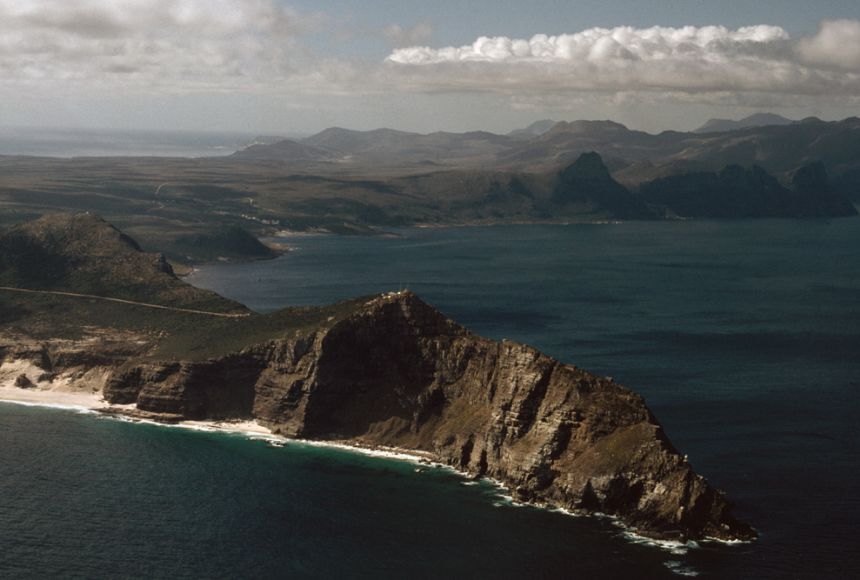Urban water bodies worldwide are facing a crisis. The discharge of sewage not only harms the environment but also introduces new chemicals and pharmaceuticals that linger in living organisms, posing significant health risks across the food chain. Cape Town stands as a poignant example of this global issue, with its extensive coastline, rivers, and wetlands.
The city grapples with a staggering daily release of over 40 megalitres of untreated sewage into the Atlantic Ocean. Moreover, poorly treated sewage from informal settlements flows into both the Atlantic and Indian Oceans through various rivers. This alarming scenario prompted a multi-disciplinary team to conduct an in-depth study on contamination risks in Cape Town’s waters.
“Monitoring sewage levels is crucial due to the severe health hazards it poses to all citizens – from farmers to surfers and consumers of seafood and produce,”
emphasized one expert involved in the research efforts. However, ensuring accurate monitoring free from vested interests presents a challenge in cities where scientific data may be manipulated to serve political or economic agendas.
Despite concerted efforts by researchers to shed light on contamination risks through peer-reviewed publications, media coverage, and documentaries, their findings have been met with hostility from local authorities. Independent studies highlighting pollution issues have faced unjustifiable criticism and attacks from public figures, reflecting a worrying trend of undermining scientific inquiry.
In response to persistent denials and attacks on independent scientific evidence regarding contamination levels in Cape Town’s waters, researchers undertook an extensive study spanning over a decade. This investigation identified 18 forms of science communication aimed at downplaying or dismissing contamination concerns within the city.
“Our study reveals a concerning trend where science communication inadvertently fosters public ignorance rather than awareness,”
noted a leading researcher involved in scrutinizing contaminant science practices. To address this critical issue effectively, recommendations were proposed to eliminate institutional conflicts of interest, enhance transparency in data disclosure processes, hold politicians accountable for their statements on scientific matters, safeguard scientific integrity against reputational harm.
Moreover
“Cities must acknowledge that current wastewater treatment systems are outdated,”
suggested experts closely monitoring Cape Town’s environmental challenges. Proposals included restructuring water treatment infrastructure while empowering authoritative bodies like South Africa’s Academy of Science to audit municipal science communications for accuracy.
Moving forward entails addressing key aspects such as conflicts of interest within municipalities’ organizational structures real-time data dissemination for informed decision-making mechanisms for holding politicians accountable safeguarding scientific integrity against undue influence prioritizing transparent public science communications over marketing strategies enhancing wastewater treatment systems aligned with modern standards
In memory
“Our ultimate goal is to engage stakeholders in constructive dialogues towards establishing robust public science communications that prioritize factual information over political expediency or commercial interests.”
Researchers expressed hope for positive strides taken by Cape Town’s administration towards fostering transparency by rescinding restrictive by-laws prohibiting independent scientific testing – progress dedicated to honoring dedicated individuals who championed urban water health like Mpharu Hloyi whose legacy continues despite her untimely passing.

